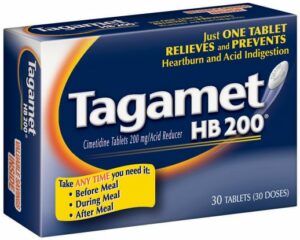Abstract:
The in vitro inhibition of Leydig cell microsomal steroidogenesis by ketoconazole, a potent P-450 dependent enzyme blocker, was evaluated in the human, stallion and pig. Purified Leydig cells were isolated by mechanical dispersion of teased, decapsulated whole testes and sieving through a 0.25 mm stainless steel mesh. The activity of 3 beta-hydroxysteroid dehydrogenase/isomerase (3 beta-HSD), 17-hydroxylase (17-OHase), 17,20-desmolase (17,20D), 17-ketosteroid reductase (17-KSR) and aromatase were measured using a constant amount (50 microM) of 14C-labelled substrates in the presence of varying concentrations of pure ketoconazole. Products were isolated by thin layer chromatography and verified by derivative formation. 17-OHase and 17,20D activities were significantly inhibited (p less than .001) by ketoconazole at concentrations as low as 5 microM. 3 beta-HSD, 17-KSR and aromatase activities were only significantly inhibited by ketoconazole at concentrations of 500 and 5000 microM. These data describe the specific loci of inhibition of ketoconazole on testicular steroidogenesis and confirm the observations that ketoconazole is an effective inhibitor of androgen biosynthesis in several species.
Author:
Albertson BD; Frederick KL; Maronian NC; Feuillan P; Schorer S; Dunn JF; Loriaux DL
Source:
Res Commun Chem Pathol Pharmacol, 61: 1, 1988 Jul, 17-26
Address:
Developmental Endocrinology Branch, NICHD, NIH, Bethesda, Maryland 20892.
Language:
English
Unique Identifier:
89018625





